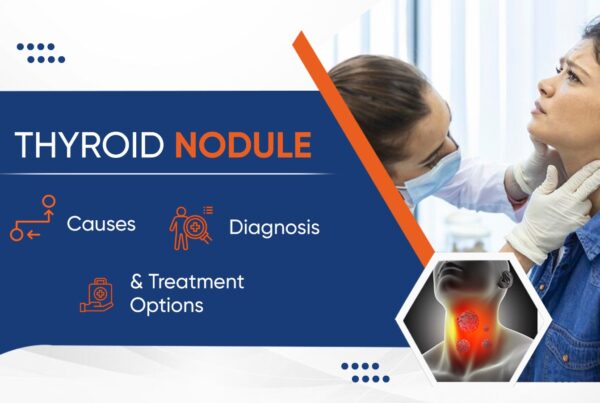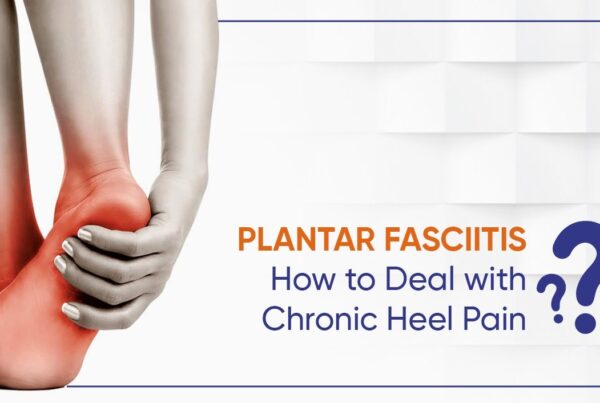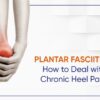Table of Contents
NATIONAL TOOTHACHE DAY
National Toothache Day observed on February 9th is a reminder of the importance of Dental care. A toothache also referred to as odontalgia, is pain caused by a tooth or numerous teeth.
A toothache can be debilitating, making it hard to eat, sleep, or even communicate. Toothaches are never fun, and they’re certainly not something to rejoice over.
Nevertheless, we can be aware of how to avoid toothaches.
The importance of routine dental care cannot be overstated. Sugary foods and acidic drinks should be avoided, as well as daily brushing and flossing. We may get cavities, have a mishap that breaks or chips a tooth, or develop an infection. Teeth could also become heat or cold-sensitive.
In the near term, over-the-counter pain relievers may suffice, but a visit to the dentist may be required to fix the problem. Because some toothaches are severe enough to necessitate emergency treatment, it’s critical to treat moderate toothaches as soon as they appear.
What is the definition of “toothache”?
Consider yourself fortunate if you haven’t got a toothache. Based on the intensity of the dental disease or trauma, odontalgia, or toothache pain, may range from mild to severe. It could be caused by a single tooth being damaged or an infection affecting multiple teeth and oral tissues. One of the most common causes of dental pain is a toothache. Dental trauma, diseased dental pulp, jaw illness, or an exposed tooth root can all cause it. It could be slow and lingering, or it could be fast, acute, and burning. It could happen only when you drink something hot or eat something cold. It could also be a persistent, lingering presence that you can’t seem to shake.
Not only can the pain make it difficult to eat and drink, but it can also make it impossible to laugh, sleep, converse, or even smile. Individuals with dental pain, unlike patients with other prevalent disorders, are more likely to put off treatment as long as possible. Instead of seeking treatment from a dental professional to address the root of the problem, they turn to medications for respite. Unfortunately, tooth decay discomfort does not go away on its own. Patients suffering from toothaches should consult a dentist as soon as possible.
History of National Toothache Day:
The origins and founder of National Toothache Day are unclear. There are, however, other ideas about the origins of Toothache Day. This day is thought to have been chosen since it was on this date that Hershey’s candy company was created, and Hershey’s is thought to be the originator of the holiday that combats cavities caused by chocolate candies. The alternative explanation is that it is commemorated as St. Apollonia’s feast day, the patroness of dentists. She was kidnapped during a local rebellion in Alexandria against Christians and severely assaulted, losing all of her teeth. Because of the anguish, she went through, she is frequently invoked by toothache sufferers.
How to commemorate National Toothache Day?
Make an appointment with the dentist:
Do you visit the dentist on a regular basis? Is it possible that it’s been a while? That’s fine! Today is National Toothache Day, which is a great opportunity to get inspired and schedule an appointment. The dentist will examine your teeth for cavities and oral disorders, including gingivitis. In addition, the hygienist will most likely provide a thorough cleaning. Don’t forget to ask for advice on how to keep your mouth healthy and avoid toothaches.
Get a new toothbrush:
According to dentists, a person should replace their toothbrush every 3 to 4 months. National Toothache Day is a nice reminder that it’s time to replace your toothbrush. Don’t forget to buy a new roll of dental floss while you’re there!
Recognize the Signs of Oral Health Issues:
Tooth pain, sometimes known as toothache, is only one of several indicators that something is wrong with your mouth. Swelling, cold sensitivity, brown or black stains on the teeth, cracking, jaw popping, dry mouth, or even foul breath are all symptoms that something is wrong. Any of these problems would be worth a visit to a dentist to have them looked at before they worsen.
National Toothache Day should be widely publicized:
Use this day to urge friends, family, and coworkers to make sure they are taking care of their own dental health. It would be an excellent opportunity for teachers to invite a local dentist into the classroom to give the students advice on how to care for their gums and teeth.
Start Developing Healthier Habits Now:
Rather than bringing a sweet candy to work to split as a snack, bring a bag of apples or some carrots, which are much healthier for the body and the teeth. If you absolutely must eat anything sweet, keep a toothbrush and toothpaste available so that you can brush right away.
Veggies:
Consume a variety of fresh vegetables.
Home treatments:
Until you can see a dentist, try some home treatments.
A salt water rinse is an excellent first-line treatment for many patients. Saltwater is a natural disinfectant that can aid in the loosening of food particles and debris lodged between your teeth.
A hydrogen peroxide rinse could also aid in pain and inflammation. Hydrogen peroxide can decrease plaque and treat bleeding gums in addition to eliminating bacteria.
You could use a cold compress to reduce any pain you’re having, particularly if your toothache is the result of a trauma. The blood vessels in the affected area constrict when you’re using a cold compress. It reduces the severity of the pain. Swelling and inflammation can be reduced by the cold.
What causes toothaches in the first place?
A tooth or many teeth can ache due to a variety of reasons.
- A fractured or damaged tooth
- Bacteria causes cavities.
- Sensitive teeth
- Infections of the nose and congestion
- Gum disease is a condition that affects the gums
- Teeth grinding
- Abscess
- Infection in the ear
How do dentists deal with toothache?
A dentist can repair the tooth or cavity, depending on the source of the tooth pain. They may need to extract the tooth as well. A root canal may also be a possibility if the damaged tooth can be saved. A toothpaste that lowers sensitivity may be beneficial for weakening enamel.
Is it necessary for me to brush my teeth every day?
Yes, Brushing our teeth twice a day is recommended by the American Dental Association.











